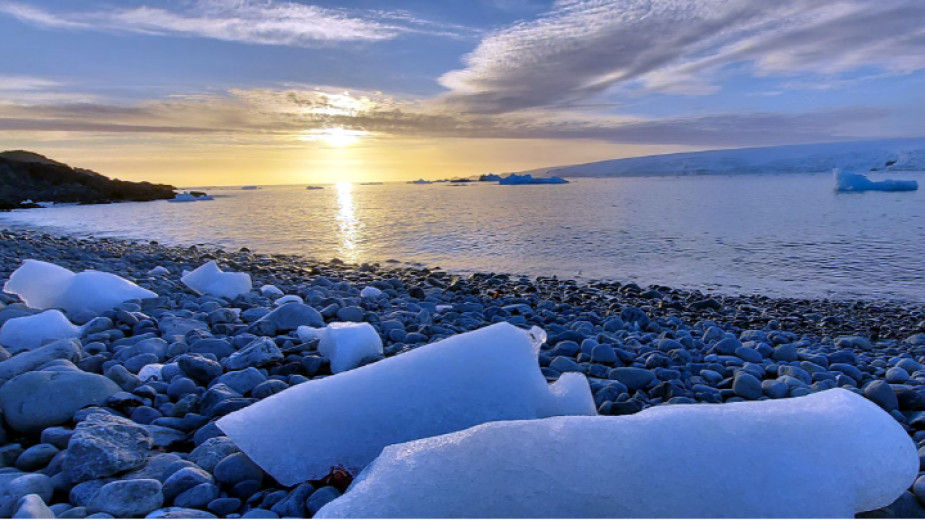 7
7
Antarctica has inspired a multitude of geographic discoveries of the past. What we call “Antarctica” is, in fact, the region covering the continent Antarctica, plus the waters and the island territories in the Southern Ocean or around 20% of the entire Southern Hemisphere.
Bulgaria’s permanent presence in Antarctica goes back to 1988 when a Bulgarian refuge was built on Livingston Island, which is part of the South Shetlands Archipelago. In 1993 it was named St. Kliment Ohridski research station. That same year a research institute was registered in Sofia, called the Bulgarian Antarctic Institute, BAI. By force of a Council of Ministers decision from 1998, the institute was designated national operator of the activities of the Republic of Bulgaria on the Frozen Continent. BAI organizes yearly Antarctic expeditions and takes care of the Bulgarian Polar base St. Kliment Ohridski on Livingston Island. Through the years the expeditions have included experts in various fields like geology, geochemistry, meteorology, biology, medicine and many others. The results of this scientific research have been published by numerous specialized journals in this country and abroad.
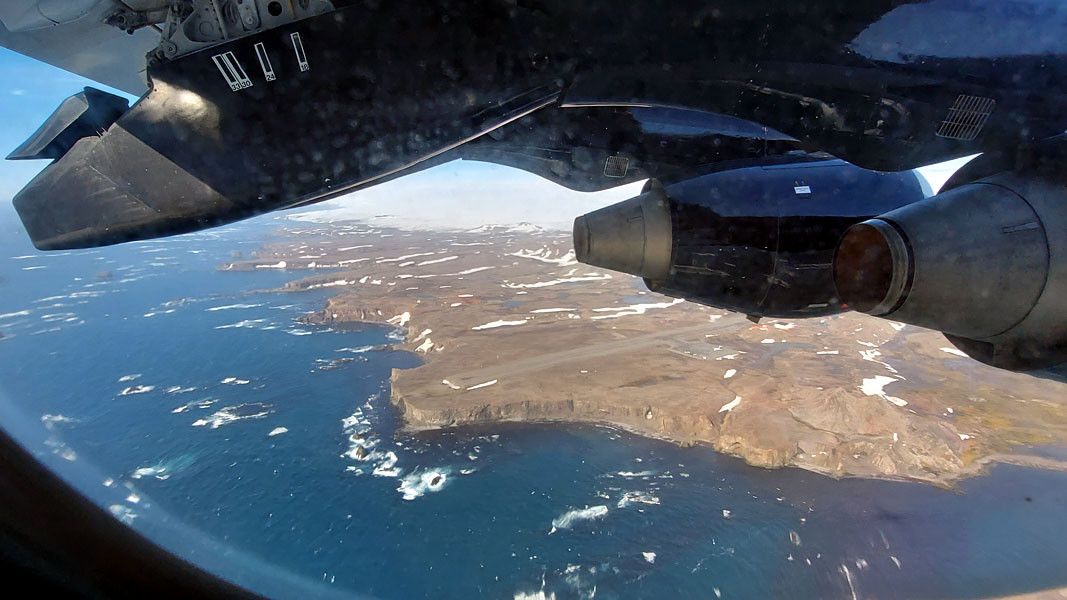
The 30th scientific expedition in Antarctica took place in February 2022. But before the expedition members set foot on the Frozen Continent, it was the builders that went there to build a new laboratory broadening its capacity for new discoveries. The focus of this year’s jubilee expedition was on studies in the sphere of medicine, and more specifically on the study of the skin and how it reacts to ultraviolet radiation. The other focus was on the study of the human psyche and how it is affected by the quality of sleep. The national polar research programme is financed by the Ministry of Education and Science.
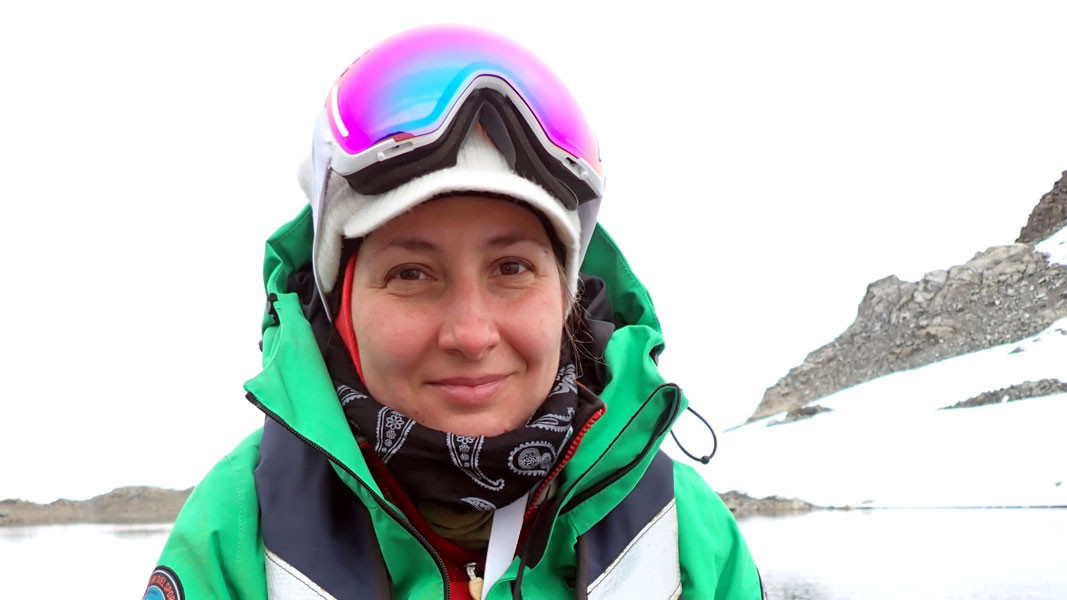
“Every one of the scientific projects undergoes a very rigorous review, it is assessed and only the ones ranked highest are financed under the national programme for the study of the Polar region on Livingston island and Antarctica,” explains Dr. Vesela Evtimova, hydrobiologist at the Bulgarian Academy of Sciences’ Institute of Biodiversity and Ecosystem Research. Dr. Evtimova joined the 11-member Bulgarian expedition, comprising researchers from the St. Kliment Ohridski University in Sofia and scientists from Canada and Austria.
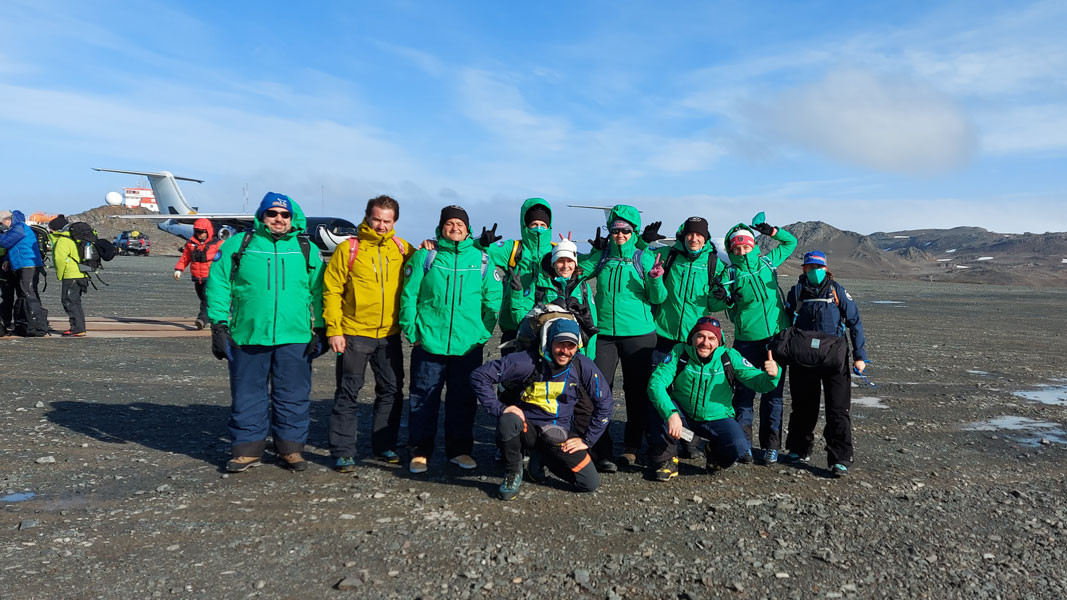
“Many members of the expedition were engaged in studying the greenhouse gases that are emitted and absorbed by the glacial lakes there,” Dr. Vesela Evtimova says and adds:
“What we have been seeing in the region of our base on Livingston Island is a thawing of the permafrost. Imagine ground which is frozen, but there are inert particles, grains of sand, droplets, pebbles, there is ice, and as a result of the thawing of the surface new ponds are formed with life forms forming in them which are the subject of my studies. These life forms are lower crustaceans. Ten years ago or so, these ponds did not exist in the area around the base. They were covered in snow and ice which is now receding, especially in our part of Antarctica. My aim was to study how these small ponds are affected by the strong ultraviolet radiation, how the animals can adapt to these extreme conditions and how they function, i.e. what the processes and the effect of the ultraviolet radiation on them are. UV radiation is much stronger in the Polar regions. To be able to work at the Bulgarian Polar base is a dream come true for me.”
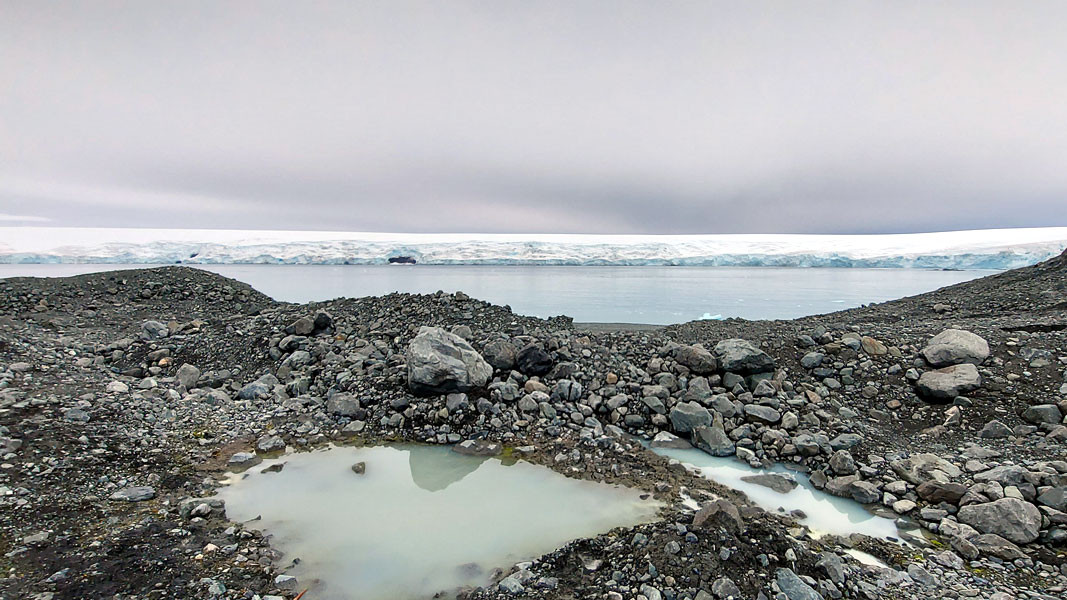
The Frozen Continent is often described as a laboratory for scientific studies, because the consequences of global processes can be seen there so clearly. There is no local population there but in recent years the effects of human activity in the continents that are populated have reached and are very evident even in this part of the Southern Hemisphere, the hydrobiologist explains.
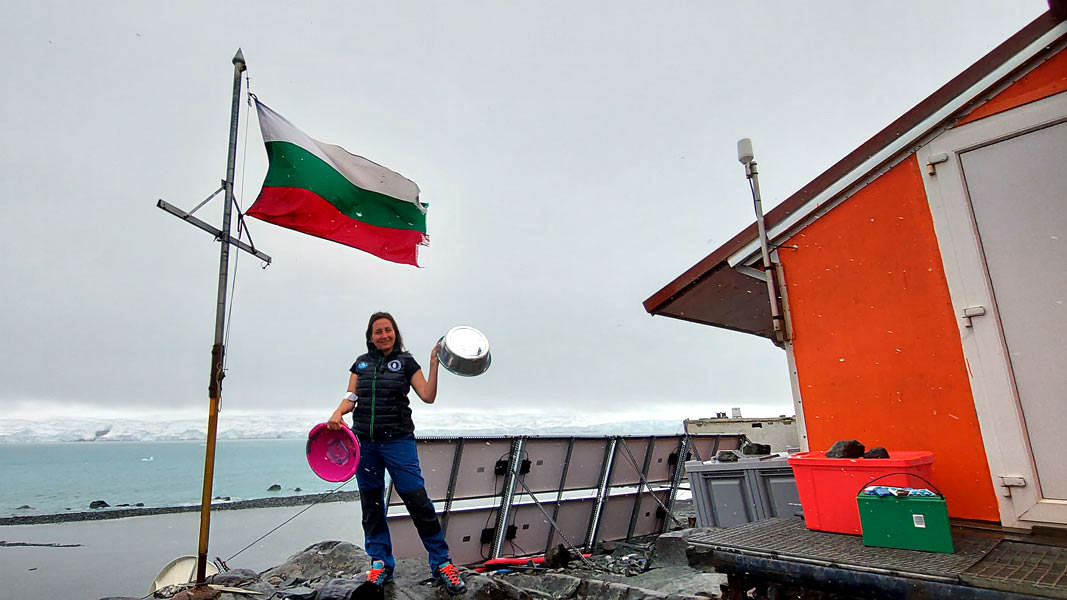
“There is no ecosystem, no habitat to have escaped the effects of human activity, pollution from industry, farming, urbanization. And that is where the effects can be registered, and even the slightest change in the environment can provide a quick answer – through the animals in Antarctica – the ecosystems themselves react as well. Another one of our tasks is connected with the absorption and emission of carbon dioxide. The emission of this greenhouse gas is vital to the entire planet – it is connected with climate change, and in recent years we have been seeing its much faster buildup in the atmosphere.”
Photos: courtesy of Dr. Vesela Evtimova
More than 500 people from across Bulgaria are gathering today in the village of General Todorov, near Petrich, for the national festival “Once Upon a Time… When Bread Had a Soul,” the village mayor, Stanislav Stankov, has announced. Now in its fourth..
Veliko Tarnovo is hosting the Urban Wine Fest, organised by the Bulgarian Association of Wine Professionals. "October is the month of Bulgarian wine and the richness of our local grape varieties," said Daniel Dragoshinov, a member of the association, as..
October 17, 2025 will go down in history as the date on which the Minister of Culture of Hungary presented the document with which the Tradition of Bulgarian Gardening in Hungary officially entered the UNESCO National Register of..
Nearly two centuries ago, in the distant 1838, the Bessarabian Archbishop Dmitry Kishinev and Khotinsky consecrated the magnificent Orthodox church "The..
"We cannot escape from modern technologies, but we must think about how we can use artificial intelligence to improve the quality of..
Serbians around the world mark one year after Novi Sad tragedy On November 1, Serbians abroad will join the call of..

+359 2 9336 661
